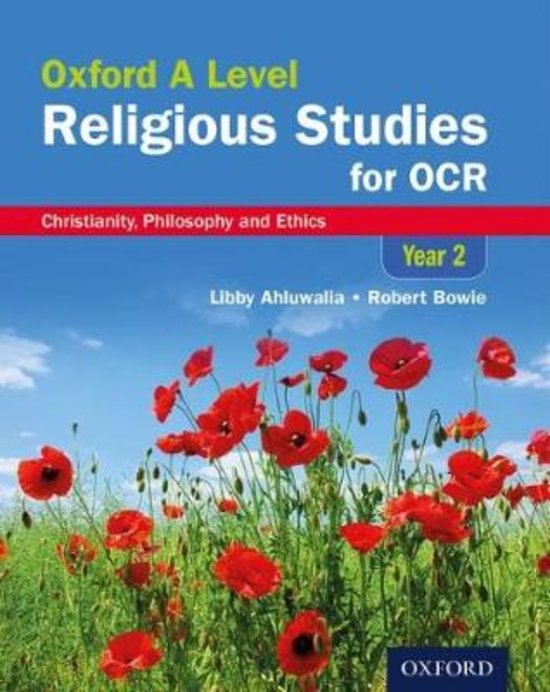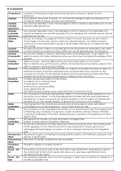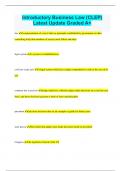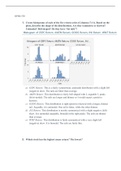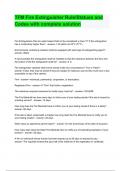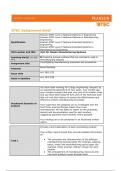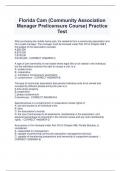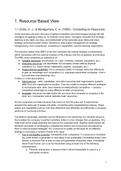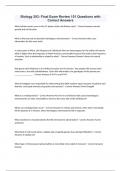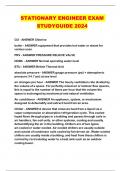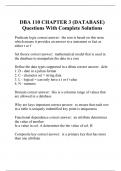Conscience 'a person's moral sense of right and wrong viewed as acting as a guide to one's
behaviour'
Aquinas Conscience is the power of reason. It is not inner knowledge of right and wrong but our
God-given ability to reason and discover natural law
Aquinas - How Aquinas describes a lack of knowledge for which a person is responsible and can be
Vincible blamed (willful ignorance)
Ignorance
Aquinas - How Aquinas describes a lack of knowledge for which a person is not responsible and
Invincible cannot be blamed. He used the example of a man sleeping with another woman who he
Ignorance believed was his wife
Aquinas - The act of coming to a judgement that is unique to humans because we are made in
Ratio God's image. It is the word used by Aquinas to describe reason. Our ability to reason
connects us to the eternal realm, giving us divine insight allowing us to understand right
from wrong
Aquinas - The will to do good. It directs us towards good and away from evil. Sensuality is also within
Synderesis us which tempts us towards evil. They conflict but we will generally lean towards good
Aquinas - The process whereby a person's reasoning makes moral judgements. To go against our
Conscientia reason is wrong. We make mistakes because we may have incomplete knowledge of the
situation
Aquinas Relies on reason - prevents Biblical instruction from being taken out of context
Evaluation Fails to take into account the social, political, environmental and economic pressure that
affects a person's moral decision making
Newman The conscience is 'the voice of God within us'. It directs us towards the action to take. It is
irrational as reason should be suspended and we should follow the conscience. The
conscience is innate. It is the absolute authority and should be placed about the Pope.
Mistakes are made because people ignore or disobey their conscience
Newman It makes people responsible for their actions
Evaluation Is evidence for an imminent God
It could lead to extremism
Awful actions could be justified
Goes against free will
Mentally ill people hearing voices could think that it comes from God
Butler The conscience is the final moral decision-maker. It is 'our natural guide assigned to us by
the author of our nature'. It is the final adjudicator between self-love and benevolence.
He believes it is never wrong and we shouldn't question it. It's not subject to introspection.
Mistakes occur when people disobey or ignore their conscience of act selfishly
Butler It recognised that the conscience revolves around benevolence versus self-interest
evaluation It is dangerous to avoid introspection - we do need reason as well
St Paul The conscience is the God-given laws written on our human hearts and the acquired part
of following Jesus' example. It is absolute - based on divine command theory. Mistakes
come from weaknesses of the flesh, disobeying your conscience or hardening your heart
against God
St Paul Recognises that morality isn't easy and there's a struggle there
evaluation Subject to issues raised in Euthyphro's dilemma
Freud He saw the conscience as mostly being part of the unconscious mind. The punishing part
of the superego. It is not rational and is not to be trusted as it is only as good as our
upbringing. Bad upbringings can lead us to have a flawed conscience and misguided
guilt
Unconscious Repressed thoughts and feelings including primitive desires, wish fulfilments, pleasure, and
Mind dreams of gratification
Preconscious Memories not readily available but are accessible
Mind
Conscious Thoughts a person is currently aware of
Mind
Freud - The The entirely unconscious part of the mind which seeks satisfaction and pleasure. Libido is
Id the central part of the human personality drives us to seek sexual gratification and is
frustrated if we don't get it
Freud - The The mediation between the id and the superego. It seeks ways to achieve our desires in a
Ego socially acceptable way

